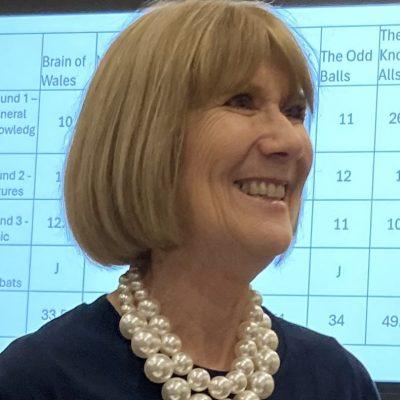80 Years since Victory in Europe Day
Senior Parishioners Remember...
Below are some of our senior parishioners’ moving memories of being evacuated and the end of the war. The idea of inviting them to share their memories truly came from the Holy Spirit and a chance conversation over coffee. I think it is important to honour the sacrifices made by families and to hear the testimonies of those who will be the last surviving members of a generation who lived through what must have been, for the most part, a very frightening, uncertain time. One of our parishioners shared how she was separated at age three from her parents and sent to the coast to recover from a respiratory illness, only seeing her mum once a month, another how her brother was a German POW during the war. My own parents were Japanese POWs and never really recovered from the trauma.
So, as Europe commemorates the end of the war and the hope of a peaceful world, I hope you will be as moved as I was reading these testimonies from members of our Parish Family.
I had a tear for Lenie’s account and a smile for Graham’s. Thank you, lovely Mamma Margherita Fellowship members for sharing x
Yvette MacLeod
8th May 2025
Cover Photo – VJ Day Party in High View Road ©Mary Pole-Baker
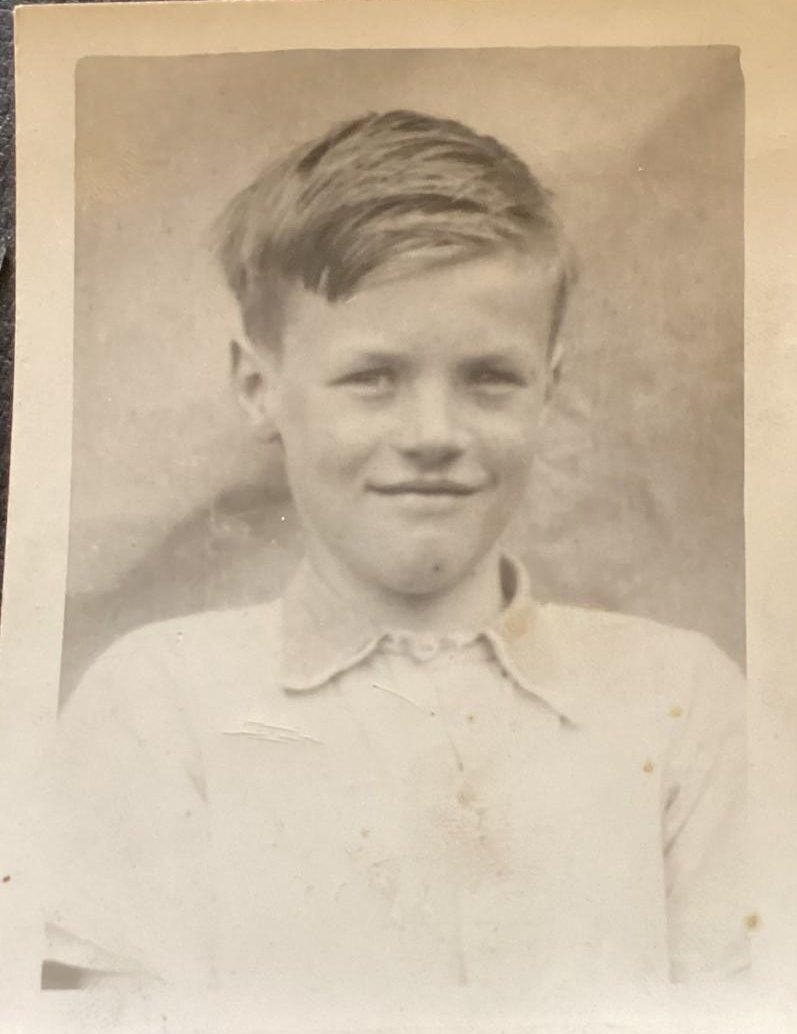
Graham Dorey
VE Day, 8th May 1945 I was seven years old. I was at a boarding school for evacuees, called Kidstones, in Bishopdale in Yorkshire. I was having a wonderful time in the Yorkshire Dales. I remember being told that the war had ended although it did not mean much to a seven-year-old. We celebrated by having a large bonfire in the field in front of the school and we had a party that included making slabs of toffee in metal trays. The end of the war meant we would have to go back to London, which did not appeal to me. I loved the Yorkshire Dales and I still do!
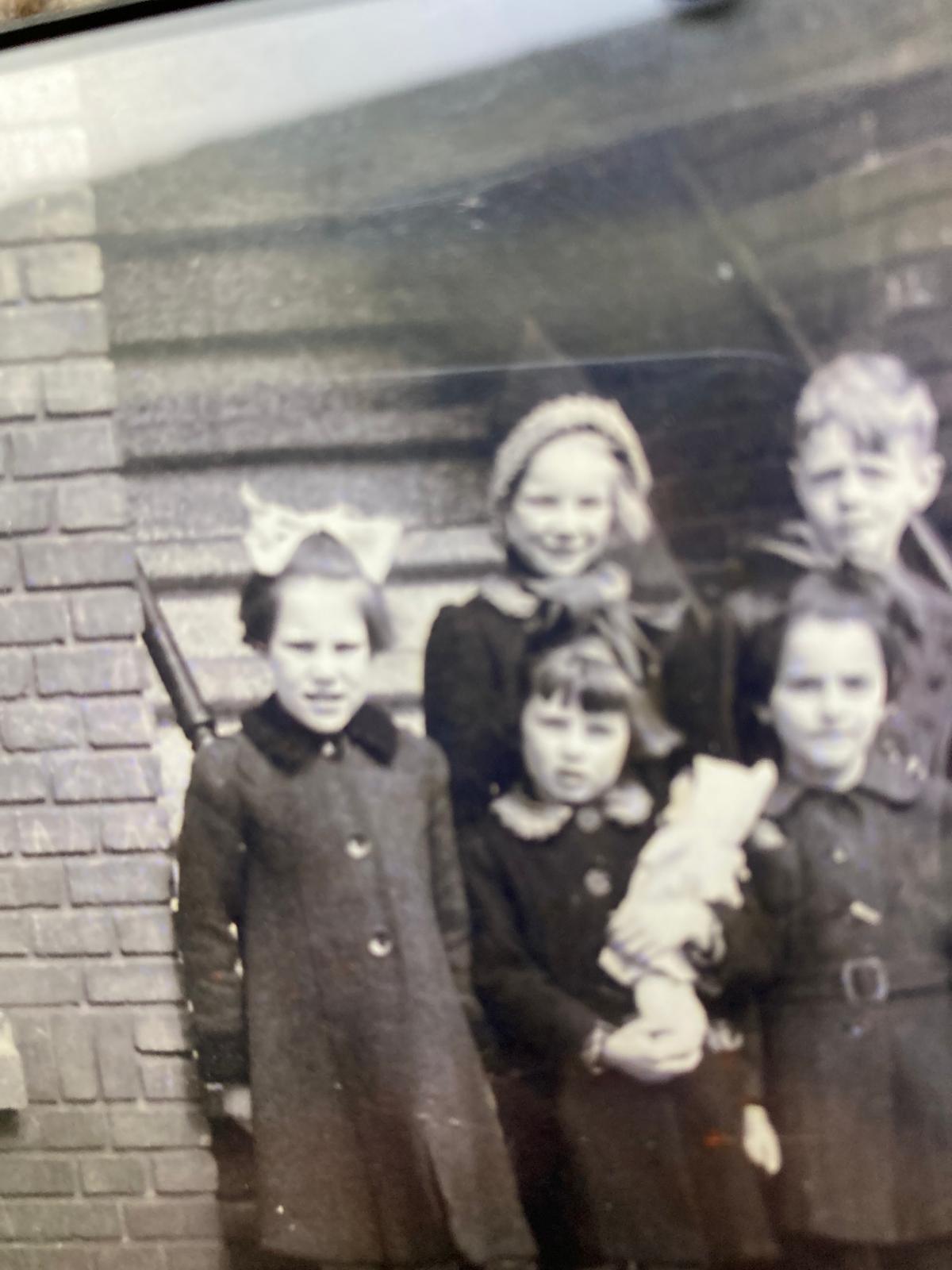
Lenie Wood
Although 80 years ago, I will never forget the day we were liberated in the Netherlands and the war was over.
After the hunger winter of 1944/45, most people in my neighbourhood, we lived in The Hague, were suffering from lack of food. People were dying in the street.
My family consisted of father, mother and four children. I had one sister older than me and the youngest two were born towards the end of the war, in 1943 and 1944.
We had not seen proper food for a long time. I can remember soup from the central kitchen and fried tulip bulbs.
On the 5th May 1945 the Canadian Airforce dropped food parcels from the air. We watched it from our balcony. Our neighbour tore up a white sheet and we were all waving and crying with happiness.
We were lucky to live near Rotterdam airport as the food parcels were distributed to the local shops to be collected.
After a long wait, my father came home with the food. I remember white bread and sardines in a tin. What a feast. Unforgettable.
What a blessing I can still remember and be thankful for all those people who gave their lives to liberate us.
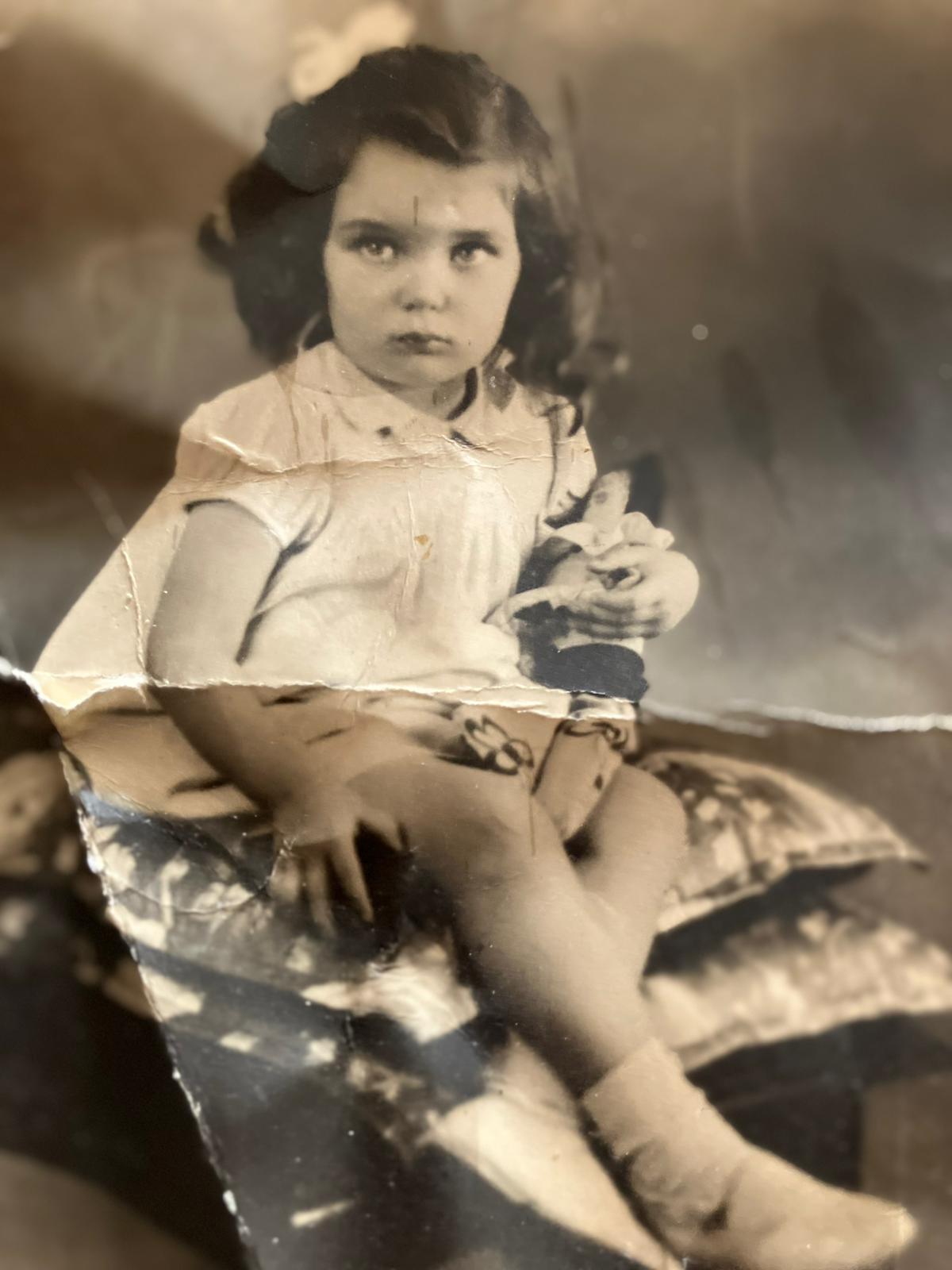
Maureen Buckley
My memories of VE Day are that I was four years old and my father carried me on his shoulders through the crowds. I had a large bow in my hair which meant my aunt and cousins knew where we were. I remember being nervous as it was very noisy and I was high up. The crowds were all very friendly. We went to Buckingham Palace. I remember everyone was excited.
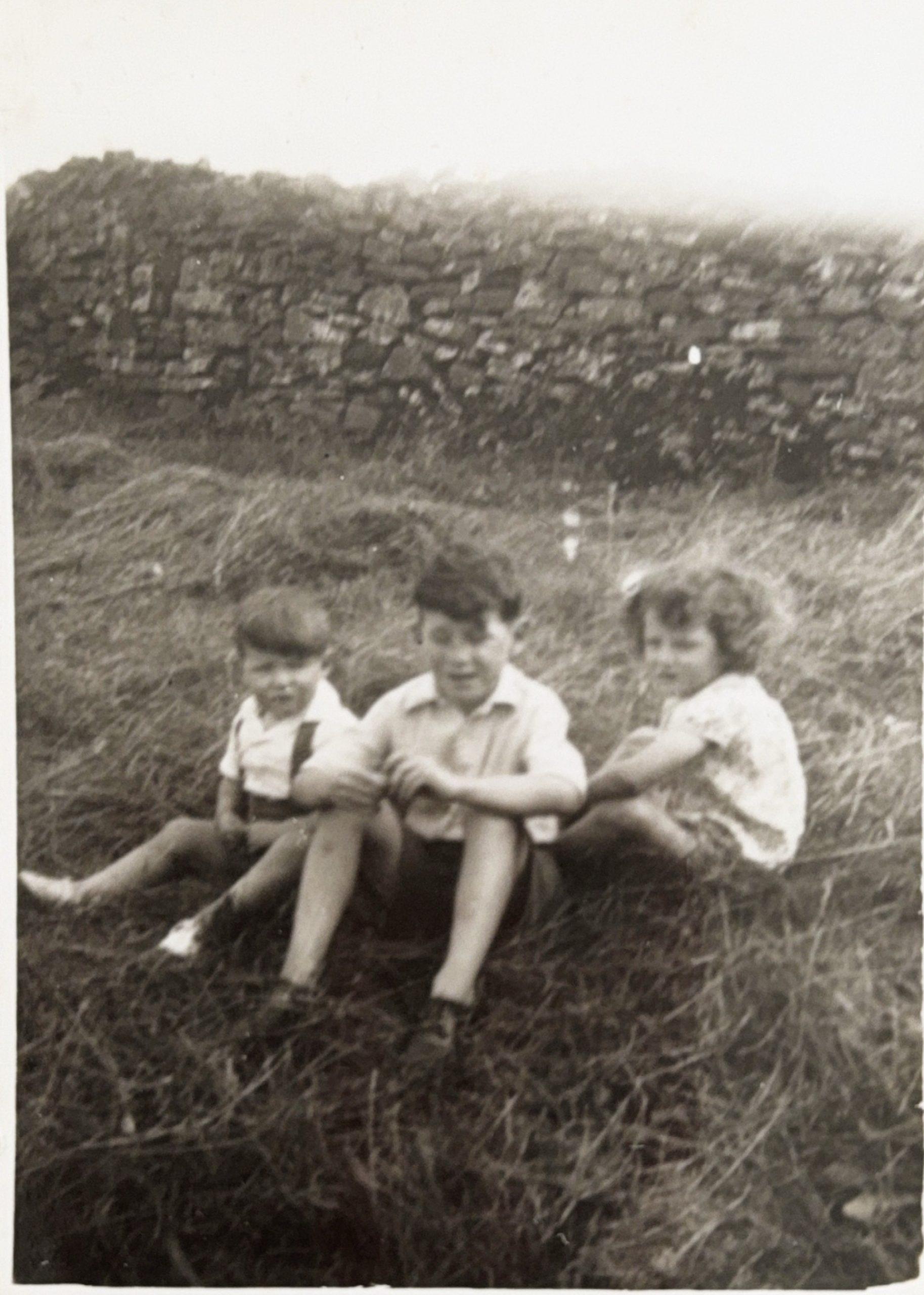
Terry Hiscox
I lived with my mum and dad (who was at war in the army), my brother and sister in Hanworth.
All the families who had young children were evacuated to Kent. We stayed with a military family in a big house in Kent. We all went by train from London, which was exciting.
My mother was taken as a nanny to look after their children and me and my siblings. We lived with them for a long time and then we were moved further North. We lived in an old fish and chip shop in York where we also went to school. After a long time we had a lovely surprise. My father appeared with his kit bag and he took us all home by train to Feltham where we met all our friends and spent time together. However, the war wasn’t over and I remember we slept in air raid shelters and had to take our gas masks with us.
We are still friends with these lads. There are lots of gaps in this but it’s hard to remember at 90 years old!
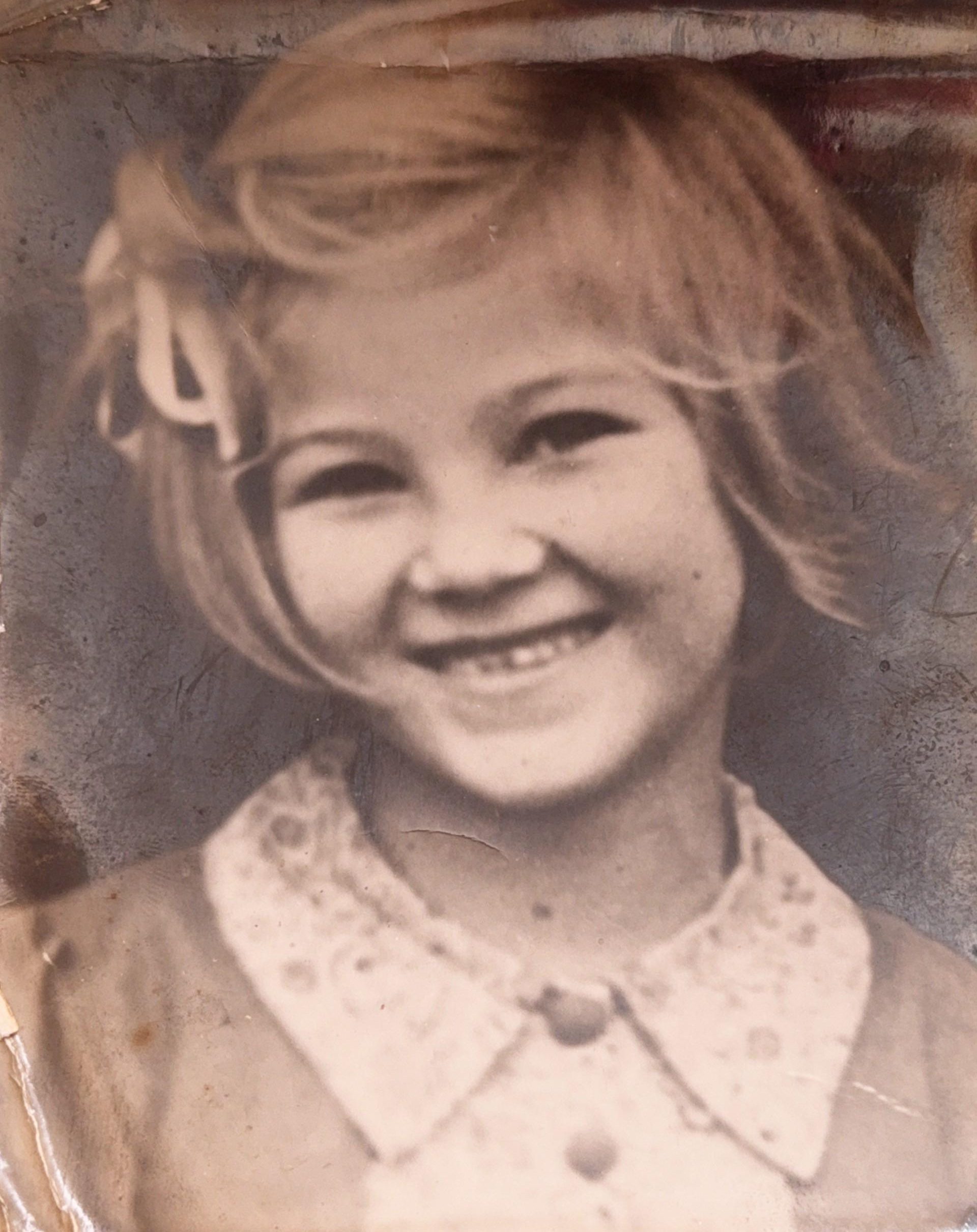
Betty Hiscox
I lived with my mum and day, my sister who was five, my baby brother. I was six or seven years old. I remember it well. We lived in Kew in a row of cottages near Kew Gardens. It was decided that all the children in Kew and Richmond would be evacuated. My mother was able to come as she had a small child. We all had to take a small bag and a gas mask. We all met at the local school where we boarded coaches to London, Euston Station. We were all very excited as we had not been on a train before. Our family went to Wigan where people were waiting for us when we got off the train. We were taken by a family to their home. The house was large and we had rooms on the top floor.
We stayed about one year and went to school and spent most of our time reading.
My mother had to work hard for the lady who took us in. One day my mother received a telegram from my father to say he was ill and would we come home. Mum then decided we would and we made our way home on our own. We took the train into Euston and then took a taxi. This was at the time the Doodle bugs were flying and it was very frightening to see everywhere burning.
We arrived home to find my dad very poorly. He had a brain tumour which was operated on but he didn’t recover. My aunty came to live with us to help. We lived in a row of cottages and all the ladies became our aunties and everyone cared for each other. I remember VE day as we had a party and dressed up but we still had to sleep in air raid shelters until it was safe for us to sleep in our beds.
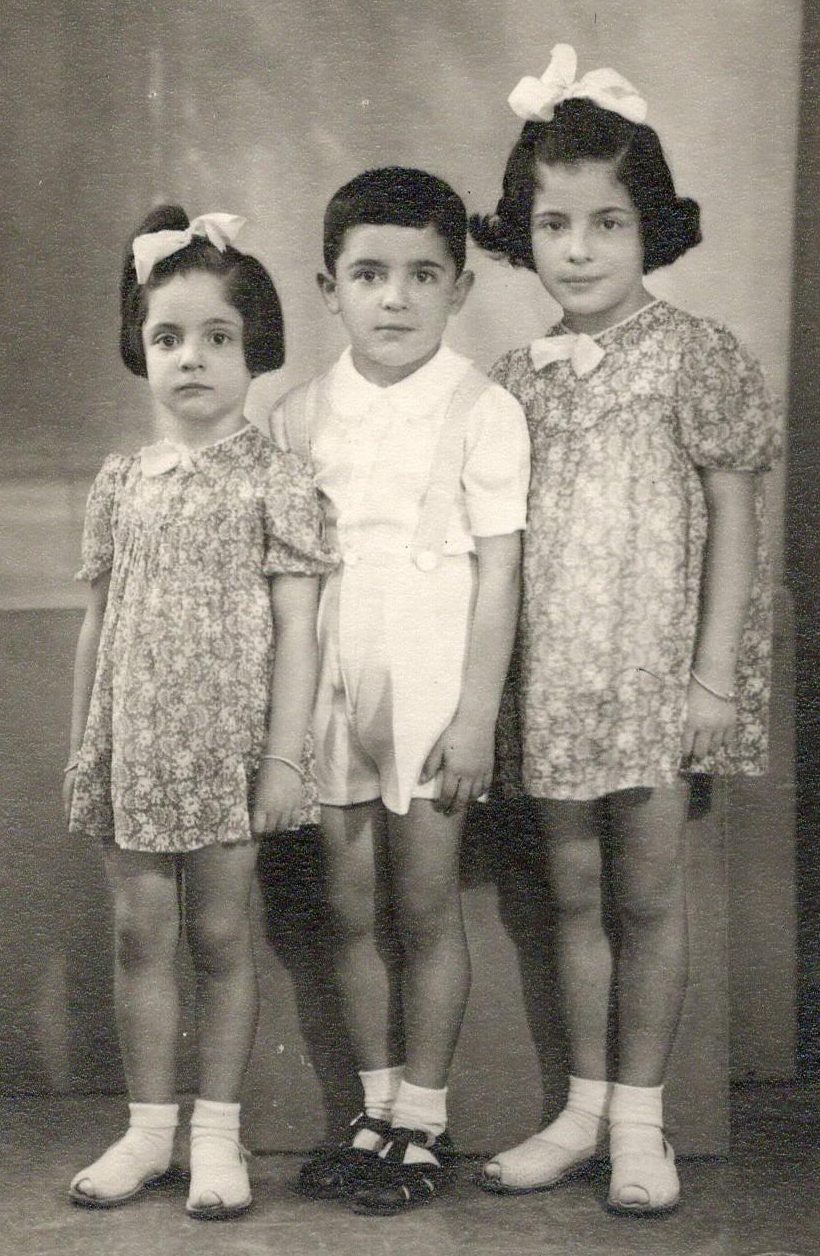
Saverio Bayada - VE Day in Cyprus
I was born in Cyprus which was a British Colony from 1876 to 1960. Cyprus saw no wartime action but increased military presence as a transport centre and as a convalescence and hospital centre. We saw troops from Nepal, India, Iraq, Malta and of course the UK. I was aware of the war as when I was about four years old my declared ambition when I was grown up was “to kill Hitler and Mussolini”.
There was little evacuation in Cyprus but those who did evacuate went to the villages in the mountains.
There were no air raids though I did hear of one Italian air raid but the bombs were dropped in open space without consequence. Nevertheless, we were expecting some and had communal shelters specially dug out in the ground and covered. I remember the sirens and the drills.
There were food shortages but not to starvation level. We had no white bread or white sugar. We had an imported unrefined brown sugar which was transported in hessian sacks so it came with a lot of fibre! My parents had saved some white sugar cubes which was kept in their bedroom but I found the secret location and occasionally helped myself!
On VE day I was nearly seven years old and was attending the Greek school Elenion where I was allowed to walk on my own about 20 minutes away from our flat. Close to our home was Paphos Gate and the police station. I remember it was unusually colourful in red and blue colours, presumably with Union Jacks.
It is not the custom to have street parties in Cyprus but there would have been a military parade in Nicosia organised by the colonial administration.
After the war I remember that butter and cheese were expensive and families were issued with coupons to buy fabric and make clothing at home.
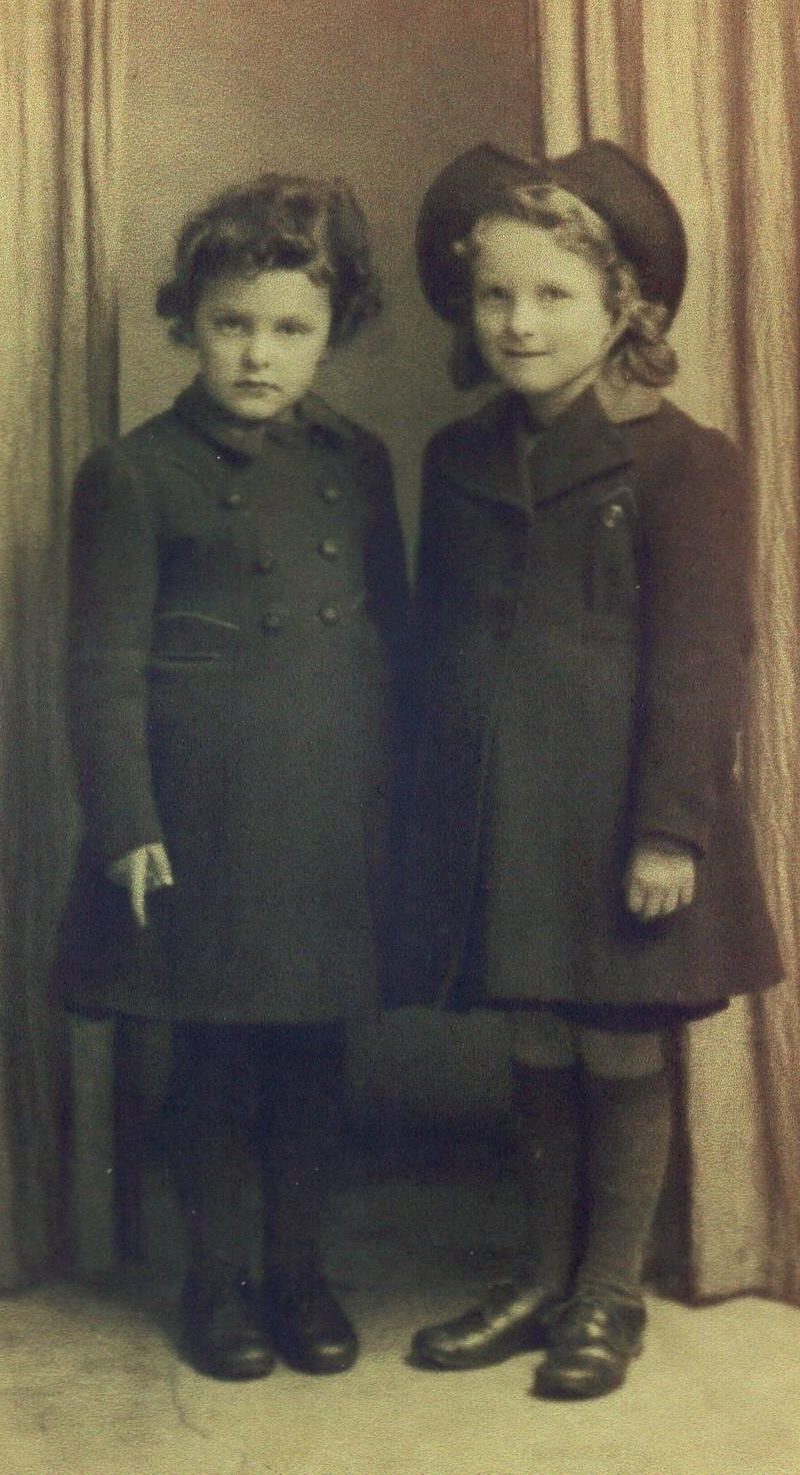
Tess Bayada (16/11/1938 - 08/01/2024)
The following is an extract from the diary of five-year-old Tess (Teresa nee Scruton) Bayada who was initially evacuated to Consett with her sister Pat. Tess’s mother was very unhappy without her girls and travelled North to bring the girls back to Chiswick. Tess then went to stay with her aunt Hildred and cousin Wendy in Broadstairs, Kent.
The diary extract written by Tess from Broadstairs to her mother in Chiswick reads:
“I am a little girl. My name is Teresa. I hope you are happy and well today. I am alright. Are you coming to see me tonight and see Wendy?”
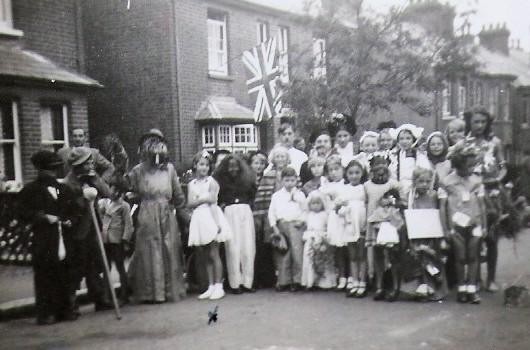
Mary Pole-Baker
I was almost eight years old on 8th May 1945, VE Day, when Germany surrendered and Victory in Europe was declared, but I have little memory of it.
Although the war was over in Europe, it continued in the Far East, but that did not affect us directly. One great difference VE Day made to our lives was that we were able to have the lights on inside our house without having to cover all the windows. During the war, we had Blackout, which had meant that no chink of light was allowed to show outside, and all windows had to be completely covered with something black. I think we had fitted boards over our windows, also there had been no streetlighting. Now at last the lights could be turned on.
I have some remembrance of taking part in a great gathering of people on Cove Green, near where I lived in Greens School Lane with my family. It wasn’t a formal party, but everyone was celebrating, probably as elsewhere in the country, with singing and dancing and flags flying.
One of the first things my father did was to arrange a family holiday by the seaside; we had never been away on holiday during the war. A month after VE Day we went to Hayling Island for two weeks, staying in a bungalow called Peter Pan, built around a railway carriage, which I thought was specially exciting. We travelled by taxi, as we had no car, and petrol was rationed. We had to take sheets, pillowcases, towels and food with us. I was very excited when I caught my first glimpse of the sea, which I had never seen before. There was an army camp on Hayling Island, and I made friends with a sentry who let me stand in the sentry box with him. He managed to get some ice cream for our family, something that I had never tasted before, little cylinders of Lyons’ vanilla ice-cream with paper round the edges, so delicious. Despite the barbed wire that remained on the beaches, we managed to have great fun making sandcastles and paddling in the sea.
We didn’t have a proper celebratory street party until September, after VJ Day, the real end to the war, after Japan’s surrender on 2 September 1945. This party was held in High View Road, for everyone in that road and in Greens School Lane. Long tables were laid out along High View Road, laden with sandwiches and cakes and decorated with flags and people wore fancy dress. A great celebration!
Monique Parker
When my parents returned to London at the outbreak of the war, they lived in Wimbledon.
During the war years my French mother was heavily involved with the Free French and the British and French Red Cross and I shall always remember the regular comings and goings, messages and visitors to the flat and outings to greet and meet people, or to see them off. There were French cousins and friends also very involved but nobody ever talked about it, then or now.
We lived in a ground floor flat and the neighbours from flats above would come down to the ground floor flats (ours and others) when the air bombing raids were on. We always had a box on a long strap with each of us – our gas mask. I kept mine for many years, I even had it still after I got married.
I remember all the black paint we had on the windows and around the edges of the windowpanes to keep the light from showing through the night.
My father continued to travel into central London daily but later when I was three or four, my mother, my sister and I were evacuated to Powick, a small village near Malvern to a beautiful country house. My sister was old enough to help with the “land girls” on the farm and in the fields.
We eventually came back to Wimbledon and still had to queue for our groceries, at the butchers and for a weekly rations of sweets at “Lavells”, a big sweet shop on the bridge opposite Wimbledon Station and my sister, who married in 1949, made her wedding dress out of parachute silk which was cleverly displayed and the only light coloured material available in all the drapers and fabric departments!
After the war had ended, I still vividly remember the bombed sites, rubble, shored up buildings all around the city which seemed to have been there for ever – a very sad sight.
Pat McCrum
I was the youngest of four and my eldest brother, 14 years older than me, was a German POW. What I remember about the end of the war was his return home. We lived in Bell Lane, Blackwater. I remember we had bunting all around the front garden to welcome him home and all the neighbours came out to welcome him. Normally my parents were very quiet people and not the sort to make a fuss but they were obviously so happy that he had returned safely. I can’t remember him ever speaking about his time as a POW.

